Choosing the Right Grade for Your Project
When choosing Expanded Polystyrene (EPS) foam for any project, understanding foam density is critical. EPS foam comes in various density grades, including SL (Standard Light), M (Medium), H (High), and VH (Very High). Each density has unique characteristics and applications, making it essential to select the correct one for your needs. In this guide, we’ll explore what these density grades mean, how they are measured, and the ideal applications for each. We’ll also discuss the option of using higher-density foam such as XPS when needed.
What is EPS Foam Density?
EPS foam density refers to the weight of the foam per cubic meter. The higher the density, the stronger and more durable the foam becomes. This impacts the foam’s compressive resistance and thermal insulation properties, which are crucial factors in construction, packaging, and insulation projects.
EPS foam density is categorized into four main grades:
- SL (Standard Light): 13.5 kg/m³
- M (Medium): 19 kg/m³
- H (High): 24 kg/m³
- VH (Very High): 28 kg/m³
If your project requires even higher densities, consider using XPS (Extruded Polystyrene) foam, which offers densities of 32-35 kg/m³. Explore our XPS foam products here.
SL (Standard Light) Density EPS Foam
Characteristics:
SL grade foam has a density of 13.5 kg/m³, making it extremely lightweight. It is best suited for non-load-bearing applications where insulation and cushioning are important, but strength is not the primary concern.
Ideal Applications:
- Packaging: SL foam is often used in product packaging to provide cushioning without adding weight.
- Insulation: It’s ideal for thermal insulation in areas with minimal structural requirements.
- Void Filling: Used to fill voids in landscaping or construction where structural support is unnecessary.
- Geofoam: SL Grade is the most popular option for geofoam applications. If higher compressive strength is required, then M, H, VH grades would be suitable.
Why Choose SL Foam?
Its low weight makes it cost-effective to transport, and it still provides excellent thermal insulation.
Product Recommendation: Consider our SL Grade Polystyrene sheets, perfect for lightweight packaging and insulation. Explore more here.
M (Medium) Density EPS Foam
Characteristics:
M density foam, with a density of 19 kg/m³, offers a balance between lightness and strength. It’s suitable for a wide range of general-purpose applications where moderate strength is required. It is also the recommended grade for external cladding applications
Ideal Applications:
- Insulation for Walls and Roofs: Provides a good combination of thermal insulation and moderate strength. preferred grade for external cladding.
- Packaging for Delicate Items: Protects fragile items with better cushioning than SL density.
- Craft Projects: Popular for its flexibility and ease of cutting.
Why Choose M Foam?
M foam strikes a balance between cost and performance, making it versatile for projects requiring moderate strength and insulation.
Product Recommendation: Our M Grade Polystyrene sheets are ideal for insulation and medium-strength applications. View product specs here.
H (High) Density EPS Foam
Characteristics:
H density EPS foam, at 24 kg/m³, provides enhanced strength and durability. It is ideal for load-bearing applications where higher compressive resistance is Necessary.
Ideal Applications:
- Construction: Used in concrete formwork and as support in walls and floors.
- Architectural Models: Its strength makes it perfect for intricate design work.
- Heavy-Duty Packaging: Offers protection for heavier products that need more support.
Why Choose H Foam?
H foam offers superior strength while maintaining insulation properties, making it perfect for construction projects that demand both load-bearing capacity and thermal efficiency.
Product Recommendation: Check out our H Grade Polystyrene sheets, perfect for construction and high-strength applications. See details here.
VH (Very High) Density EPS Foam
Characteristics:
VH grade foam has a density of 28 kg/m³, making it the strongest and most durable grade. It’s designed for the most demanding applications, offering maximum compressive resistance.
Ideal Applications:
- Structural Insulation Panels (SIPs): Used in SIPs for energy-efficient buildings, offering maximum strength and insulation.
- High-Impact Geofoam Applications: Perfect for civil engineering projects like roadways where lightweight fill with strong support is needed.
- Industrial Packaging: Provides maximum protection for heavy, valuable industrial products.
Why Choose VH Foam?
VH foam is ideal for large construction or engineering projects that require the highest levels of strength and durability.
Product Recommendation: Explore our H Grade Polystyrene sheets, engineered for extreme strength in heavy-duty applications. Learn more here.
Need Higher Density Foam? Choose XPS!
If your project demands even higher density and strength, XPS foam is an excellent alternative. XPS foam has a density of 32-35 kg/m³ and offers even greater compressive resistance, making it suitable for heavy-duty construction, insulation, and engineering applications. Learn more about our XPS foam products here.
How to Choose the Right EPS Foam Density for Your Project
Selecting the correct foam density depends on your specific project requirements. SL and M density foams are ideal for lightweight applications, while H and VH are better for more demanding structural needs. If higher density is required, XPS foam is your best option.
Consider These Factors:
- Load-bearing needs: For heavy loads, opt for H or VH density, or consider XPS.
- Thermal insulation: For insulation projects, lower density foams like SL or M may suffice.
- Budget: Higher densities tend to be more expensive, so balance the strength needed with your budget.
Conclusion
Understanding the different EPS foam density grades—SL, M, H, and VH—helps you make informed decisions when choosing materials for your project. Whether you need lightweight insulation or heavy-duty construction support, picking the right foam density ensures the durability and efficiency of your project.
Ready to choose the right EPS foam for your project? Contact us today for personalized advice, or explore our full range of EPS foam products on our homepage.


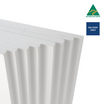
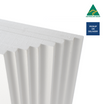
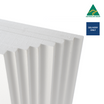
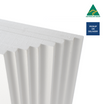
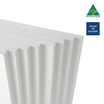
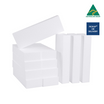
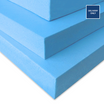
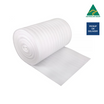
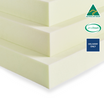

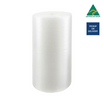
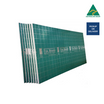
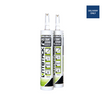

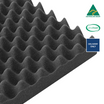

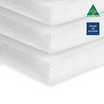
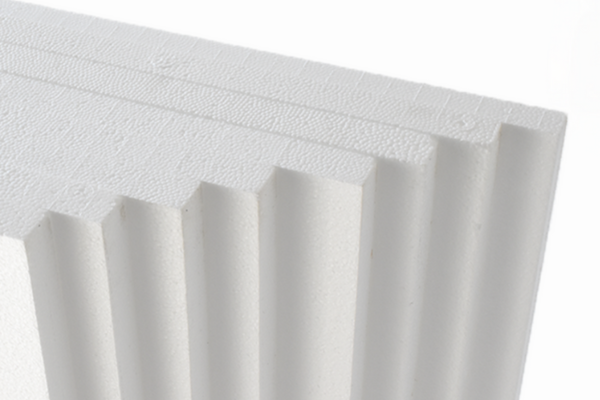
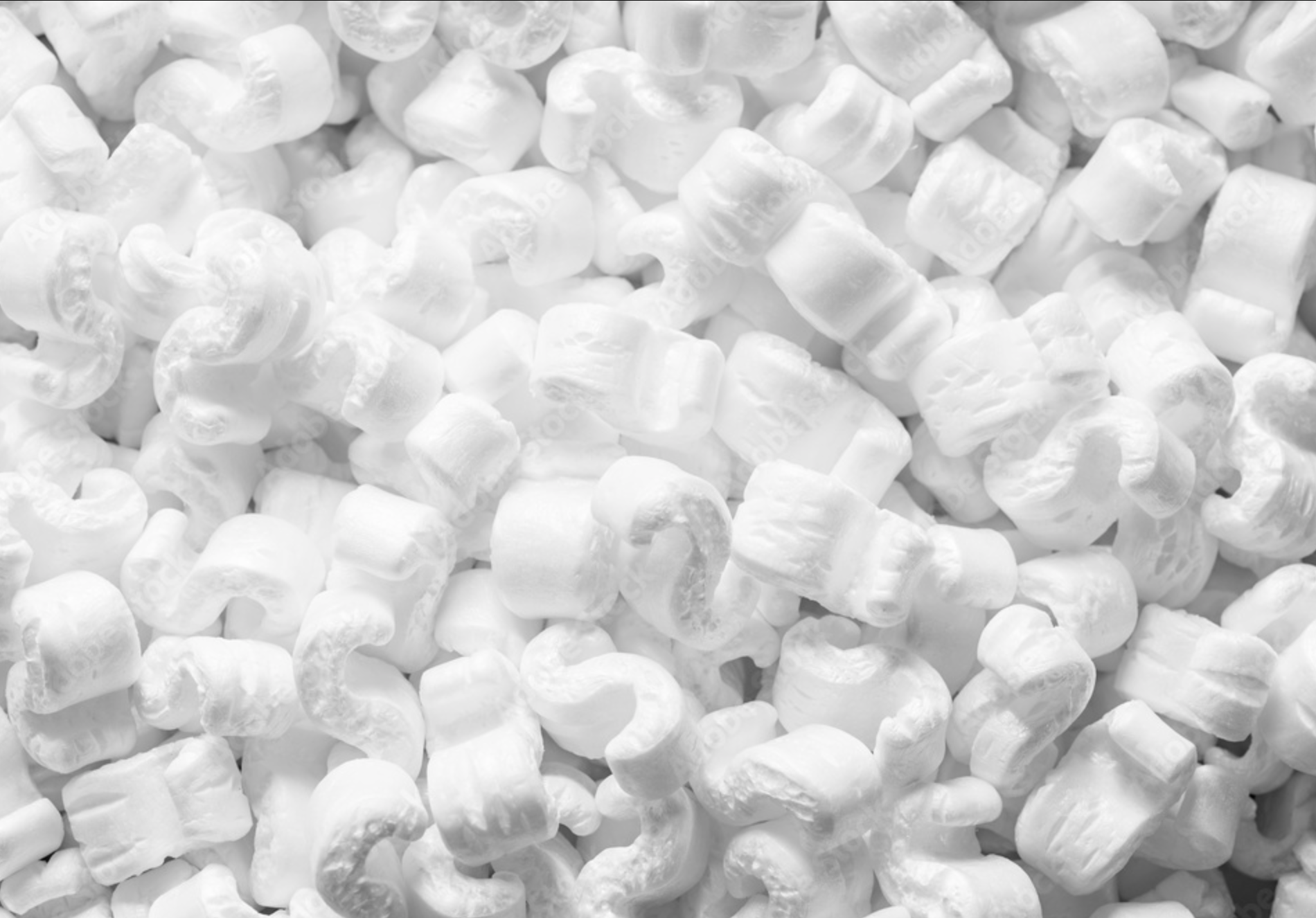
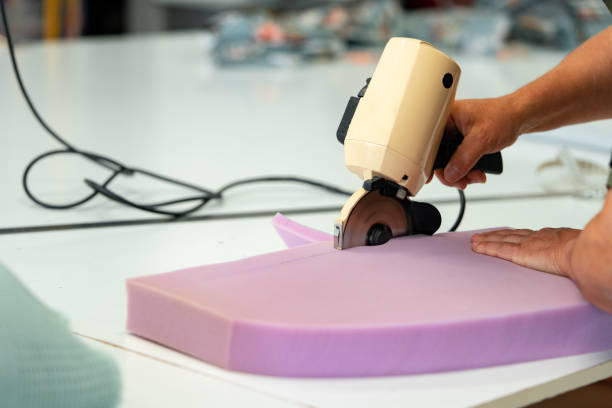
Leave a comment
This site is protected by hCaptcha and the hCaptcha Privacy Policy and Terms of Service apply.